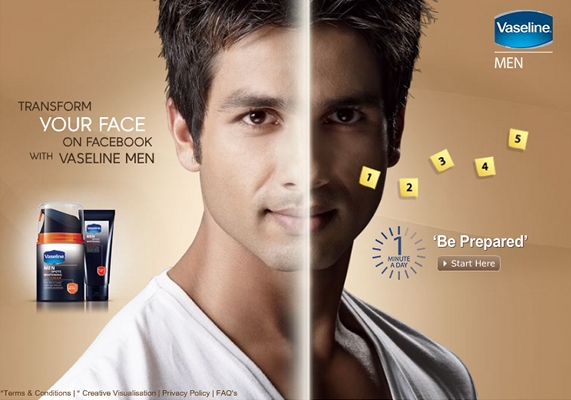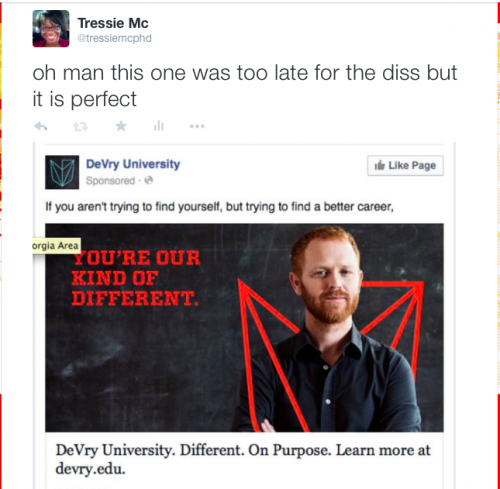This Flashback Friday is in honor of the 20th anniversary of Dorothy Roberts’ groundbreaking book, Killing the Black Body.
One of the most important moments of my graduate education occurred during a talk by Dorothy Roberts for the sociology department at the University of Wisconsin, Madison. At the time I had been teaching her book, Killing the Black Body. I thought this book was genius, absolutely loved it, so I was really excited to be seeing her in person.
I sat in anticipation; she was introduced and then, before she launched into the substance of her talk, she apologized for likely weaknesses in her thinking as, she explained, she had only been thinking about it for “about a year.”
I was stunned.
I couldn’t believe that Dorothy Roberts would have to think about anything for a year. In my mind, her brilliance appeared full form, in a span of mere moments, perfectly articulated.
Her comment made me realize, for the first time, that the fantastic books and expertly-crafted journal articles written by scholars were the result of hard work, not just genius. And I realized that part of the task of writing these things is to hide all of the hard work that goes into writing them. They read as if it were obvious that the conclusions of the paper are true when, in fact, the conclusion on paper are probably just one of many sets of possible conclusions with which the author experimented. Roberts’ humble admission made me realize that all of the wild intellectual goose chases, mental thrashing, deleted passages, and revised arguments were part of my job, not evidence that I was perpetually failing.
And I was and am tremendously grateful to Dr. Roberts for that insight.
Lisa Wade, PhD is an Associate Professor at Tulane University. She is the author of American Hookup, a book about college sexual culture; a textbook about gender; and a forthcoming introductory text: Terrible Magnificent Sociology. You can follow her on Twitter and Instagram.

 Originally posted at
Originally posted at 



